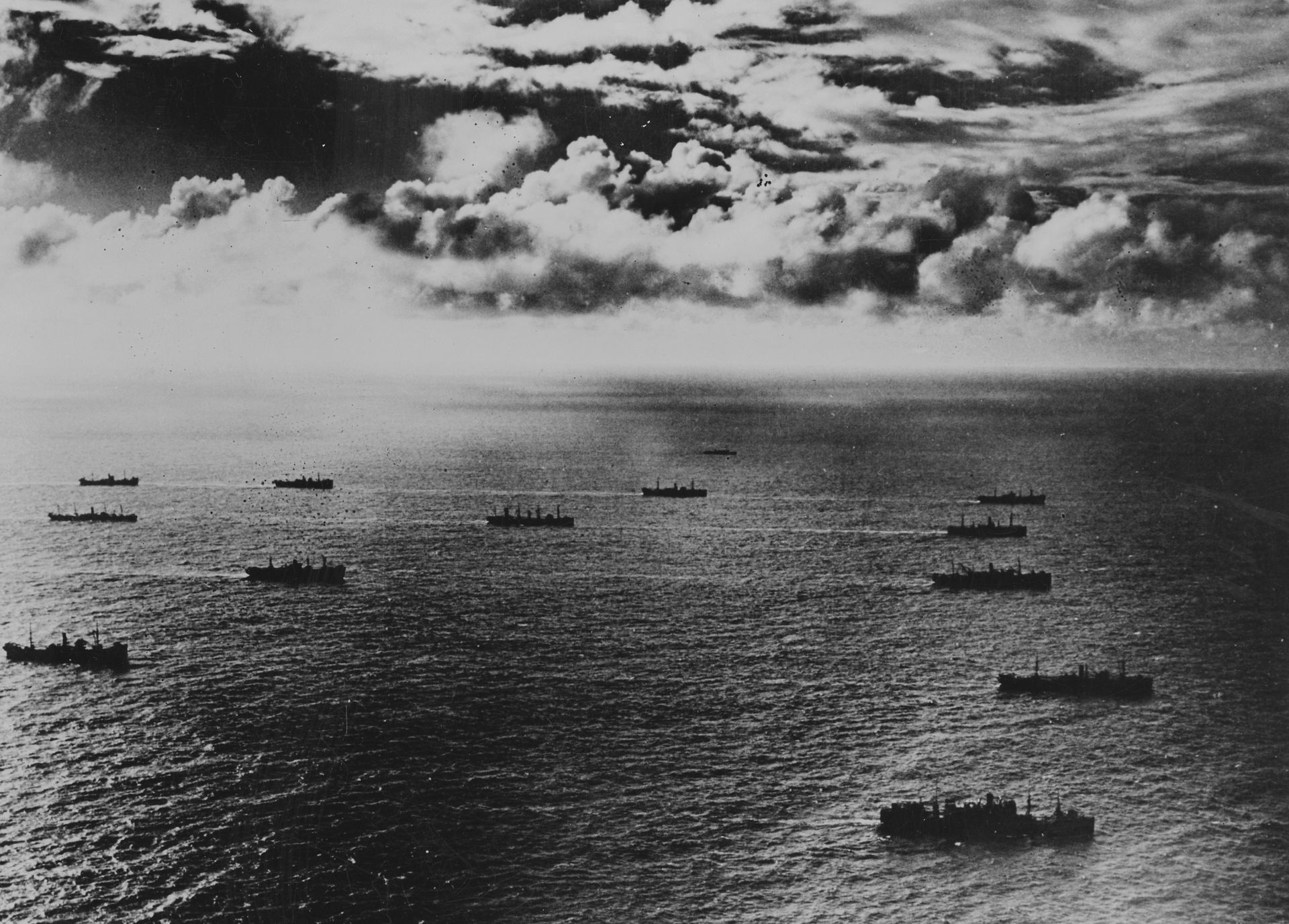

Our New Home
The 1950`s and 60`s

The Old Colonial House
After emigrating to Australia my wife and I lived with our sponsors in the outer suburbs of Melbourne for about a year. We then moved to an old colonial house which had been converted into four apartments. It was only about 5 kilometers from the city centre where we both worked which reduced our traveling time dramatically.
In a previous article, I wrote briefly about Australia after World War 2 in the 1950’s and 60’s. It was a time dominated by the prolific influx of immigrants mainly from the European countries.
Everybody aspired to build their own home, and the structure of the banking system was totally inadequate to provide for thousands of hard-working people with very little if any capital to deposit. This created the formation of building societies with finance provided and guaranteed by government. The finance was for building not buying a home. There was no deposit required.
A cooperative housing society was usually set up by a group of persons within the community . They would meet and elect a tentative board of directors. Typically, directors and managers were local accountants, solicitors or real estate agents.
After the financing had been arranged the society would be registered and a government guarantee extended to the lending institution.
By this time, we were ready to settle down and build our first home. We had already purchased a plot of land in the outer eastern suburbs. A beautiful spot on the side of a hill with a view down into the valley below.
My wife came home one day with the news that a building society had been formed and for applicants to meet at a Church not far from where we lived. We arrived early to find the place packed out with people and only just enough room to squeeze into the building. We managed to get in and fill in an application form, but came away with the impression that our chances of getting a loan would be slim.
Our experience at the Church was the farthest from my mind when a letter arrived asking me to meet the accountant for the building society at his home during the following week. Our hopes escalated.
I vividly remember sitting in his cramped study. Stacked around him were piles of folders.
He turned to me and delivered a bombshell.
“I’m sorry Mr. Bonner but your income does not reach the requirement to secure the loan”.
I reminded him that both my wife and I were both working, but he hastened to tell me that a spouse's income could not be taken into account. “a double bombshell”
I waited for him to continue the conversation.
“Rather than write to you I wanted to meet you personally. Tell me Mr. Bonner what type of work do you do”.
“I am an electronics engineer”.
“So you can fix radios and things?”.
“Yes”
“ Well that would bridge the gap and provide the criteria to secure the loan and allow me to finalize your application”
I replied with a stupid question. “What does that mean?’
“You’ve been approved”
From the moment I walked out of his study I was so elated that I wanted to be right there at home to give my wife the news. I know I exceeded the speed limit that day in an effort to get back to our apartment as quickly as I could.
We studied many plans and eventually had the house built on that plot of land to our own design, and raised two children there during the next 16 years
To me it was a gigantic memorable moment one that helped secure our future in Australia